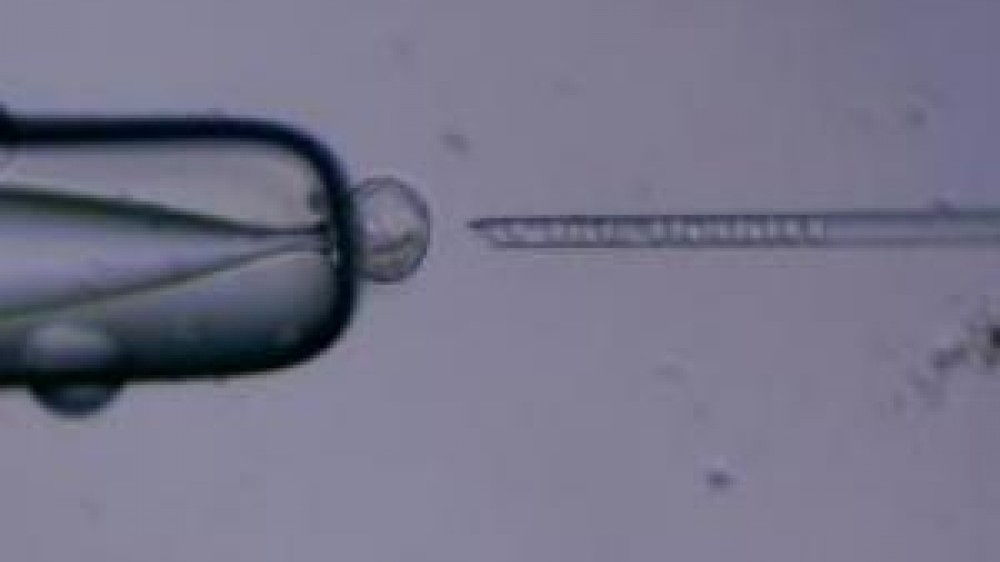£200k awarded in CRACK IT Single Phase Challenges

Two teams have each been awarded £100,000 through the NC3Rs open innovation competition CRACK IT Challenges.
The first award is to Dr Virginia Pensabene, University of Leeds, for the CRACK IT Challenge EASE – ’EliminAting Surgical Embryo transfer in mice’.
Genetically altered mice are used extensively to study the function and regulation of genes and their role in human development and disease. Current embryo transfer techniques require surgery and are inefficient with implantation rates of between 25-45%, necessitating the use of large numbers of mice. Sponsored by MRC Harwell, the EASE Challenge will explore improved implantation rates focusing on the use of a non-surgical embryo transfer (NSET) technique, offering both the potential to refine studies and reduce the use of animals.
The second award is to Professor Jonathan Timmis, SimOmics Ltd, UK for the CRACK IT Challenge Maximise – ’Maximising confidence whilst minimising data generation for acute hazard classification of mixtures’.
This Challenge, co-funded by EPSRC and sponsored by Dow AgroSciences and Syngenta, aims to develop integrated in silico approaches to better predict acute oral, skin and eye irritation in the development of agrochemicals without using animals or generating new in vitro data. Innovations in agrochemical products often mean that novel formulations are made of existing and new ingredients. These are often mixtures of one or more active substances with known toxicity concerns and co-formulants such as surfactants, buffers and solvents that may contribute to the overall toxicity. The toxicity profiles of these mixtures are complex. The Maximise Challenge will provide a tool capable of reliably classifying mixtures of chemicals for acute oral toxicity, skin and eye irritation cutting the number of animal tests required.
CRACK IT Challenges brings together industry, academia and SMEs to tackle current scientific questions (referred to as Challenges) that have the potential to deliver commercial benefits and reduce the reliance on the use of animals. Challenges are identified with Sponsors typically from the pharmaceutical, agrochemical and consumer product sectors. EASE and Maximise are single phase Challenges because they do not require significant R&D. Contractors have one year to solve the Challenge and up to £100k.
